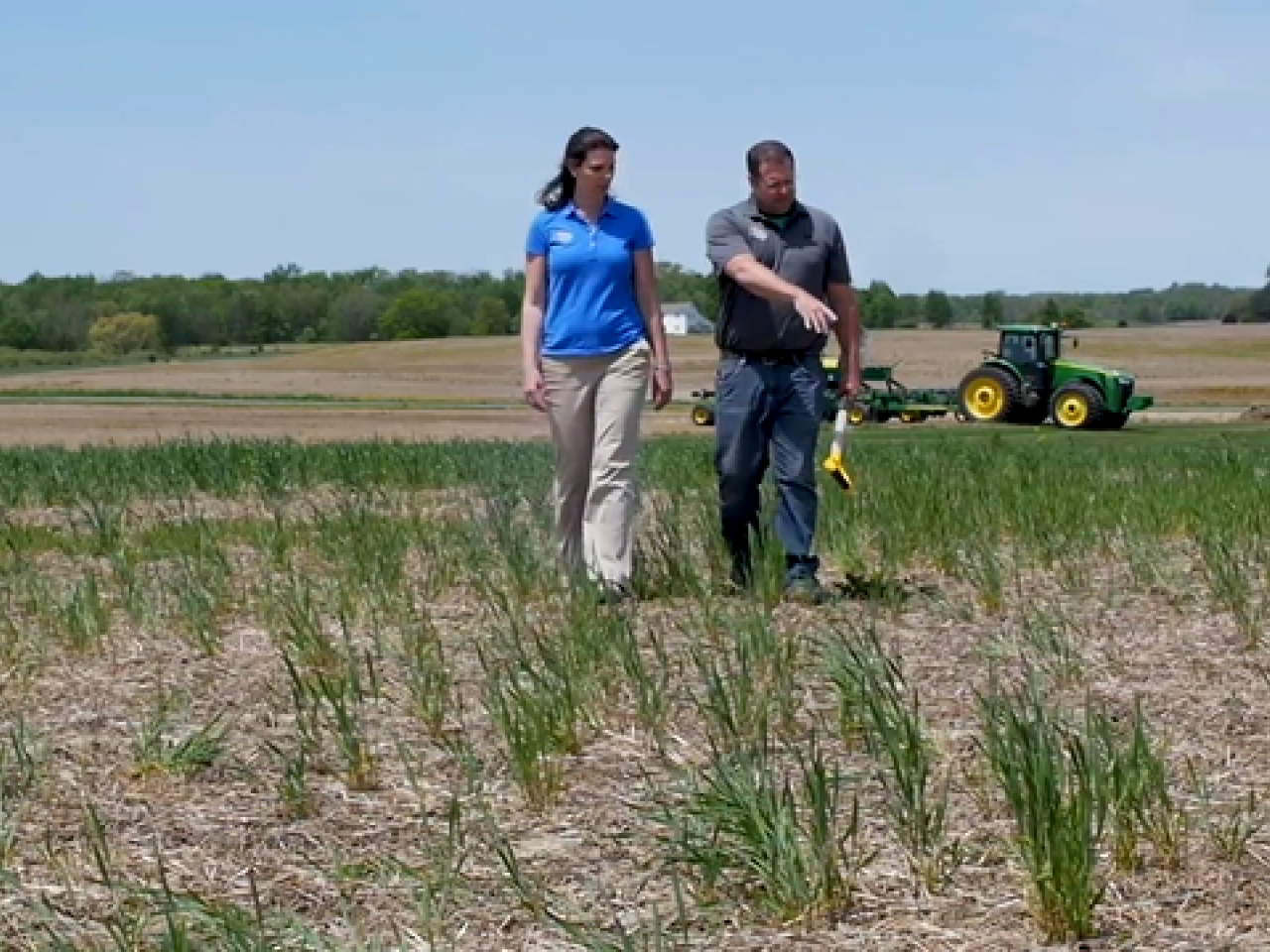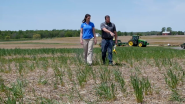General Mills: Environmental Responsibility
By setting goals that push the company to do more, we demonstrate leadership in establishing aggressive goals within the food industry.
For example, because we set goals:
- General Mills burns oat hulls left over from the milling process to reduce one of our plant's carbon footprints by about 21 percent.
- We have an irrigation process that uses 50 percent less water than conventional furrow irrigation, and also reduces electricity and pesticide use.
Our fact sheets contain these and other interesting details.







